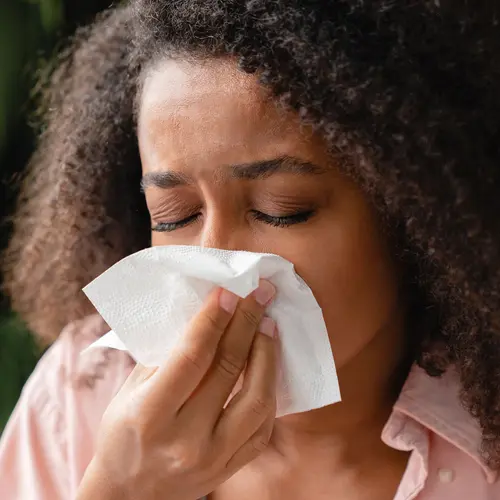What You Need to Tell Your Child’s School

Hide Video Transcript
Video Transcript
THOMAS CHACKO
We're much more aware of it now than in the past. So the death rates are not as high because schools are aware of it and we're able to give treatments. I tell them to talk to the school and try to educate. Talk to the school nurse. Most schools do have epinephrine there or we're allowed to hold it for your student.
Make sure the school nurses know. Make sure anyone in the staff knows.
Usually, there's an action plan that I have the parents give to the schools. A lot of schools will have pre-made action plans and I just have to fill it out about when to give diphenhydramine or anti-histamines. So they'll have these protocols. And so, I will just fill them out and tell them when to give what, as well as emergency numbers. And typically, on the top, what the kid's allergic to, like peanuts, or wasp, or whatever, so they're aware of that.
So either we have the forms-- but I would say most schools or daycares have them as well.
Most schools will have make it necessary if your kid has a food allergy or an anaphylactic reaction, they ask you to give them an auto-injector.
So I'm often writing auto-injectors for the school or for the daycare. Usually, they have pre-filled out paperwork for me that I have to give for them.
So now people are more aware of it. So most schools are pretty good about it.
